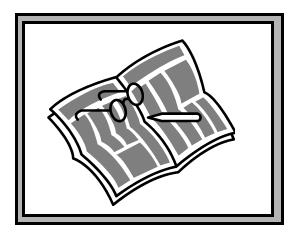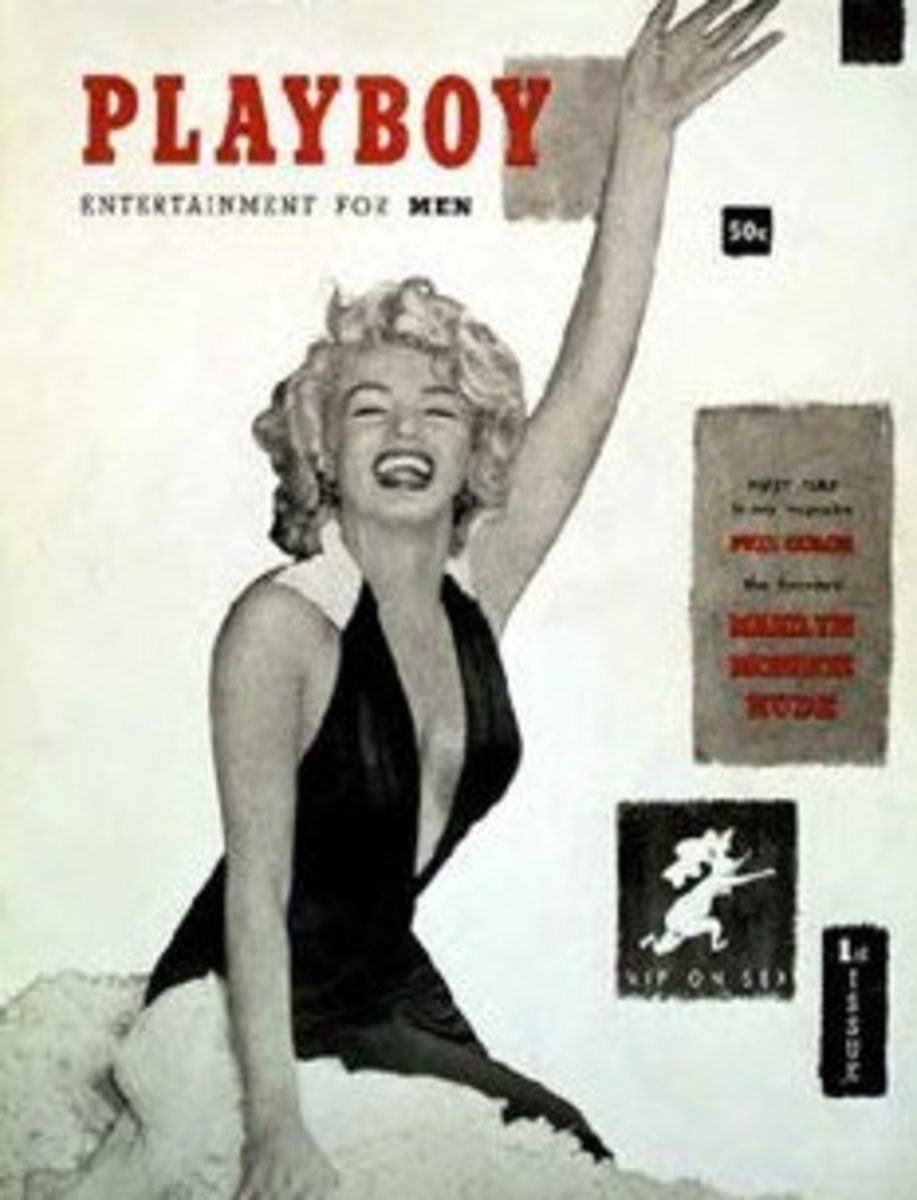Muckraking

By Joan Whetzel
In 19th century US, people had become quite unhappy with unsafe living and working conditions, political corruption, and social injustice, which the industrial age exacerbated. Toward the end of the 19th century, an explosion of cheap newspapers and magazines produced articles that fired up antagonism and resistance to these circumstances. The writer’s of this diatribes aimed their condemnation at oil, beef and tobacco trusts, as well as the deplorable prison environment, the misuse of our natural resources, the taxes, the insurance industry, company pensions, food processing industry, and a host of other socially unacceptable conditions. This form of reporting became known as muckraking.
What Is Muckraking?
Muckraking, a verb, is defined by Dictionary.com as “to search for and expose real or alleged corruption, scandal, or the like, especially in politics.” Other words and phrases that have come to be used almost interchangeably include: vilify, revile, sully, soil, smear, be smirch, tarnish, blacken, blacken one’s good name, give a black eye, give a bad name, stigmatize, throw mud at, mudslinging, and drag through the mud. The term emerged as a reference to a character in “Pilgrim’s Progress” (John Bunyon) - “the Man with the Muck-Rake” – who rejected his religious deliverance to concentrate on smut.
The Changing Nature of Muckraking
Initially, a muckracker was considered a journalist whose intentions were in the right place, because he or she was interested only in reform. Their accounts of the politics of the day as well as the economic corruption and the harsh social conditions were considered thorough, precise, and truthful. They wrote mostly for popular magazines, that continued their history of investigative journalism into the 20th century, influencing readers until the start of World War I. This Progressive Era, came to an end due to a mixture of boycotts from advertisers, dirty tricks, and the patriotic environment that arrived with the US involvement in WWI. Over time, though, the terms muckraker and muckraking have taken on a decidedly negative connotation, no longer considered writing to improve the deplorable conditions of life, but merely to drag others through the mud or muck as a means of destroying or merely tarnishing their reputation.
Impact of Muckraking - What Changed?
In the early 20th century, muckraking resulted in law suits that brought an end to the monopoly enjoyed by Standard Oil and the passage of the Pure Food and Drug Act (1906). Child labor laws were also enacted in the US in 1916. Bribery and government corruption were exposed on the local, state, and national levels, which all led to reforms and altered the outcome of elections.
However, as this form of journalism started to go out of favor with the onslaught of WWI, it caused newspaper sag magazine sales to sag. This started a desire for any type of sensationalist articles that would continue to sell magazines and newspapers. Certainly, the more inspiring for of investigative journalism has persisted to this day; the kind of journalism that calls attention to the true ills of our social order and calls for change. But this new form of muckraking latched hold, taking on the character of that “ Man with the Muck-Rake,” finding social ills where there were none, exposing people who had done no wrong, or whose wrongs were minor and so, unworthy of the vilification hurled at them. This new form of muckraking, which has tarnished the profession of journalism, at least to some extent, led to the passing of Laws against slander and libel as well as laws to protect the privacy of the people.
Resources
Dictionary.com. Muckraking.
http://dictionary.reference.com/browse/muckraking
Wikipedia. Muckraker.
http://en.wikipedia.org/wiki/Muckraker
US History. Muckrakers: Using Words to Win Political Battles.
http://www.u-s-history.com/pages/h920.html
eNotes. What Is Muckraking Journalism?
http://www.enotes.com/history/q-and-a/what-muckraking-journalism-286227
Encyclopedia Britannica. Muckraker. http://www.britannica.com/EBchecked/topic/395831/muckraker
Info Refuge. Muckrakers: Journalism for Liberal Reform.
http://www.inforefuge.com/muckrakers-journalism-for-liberal-reform




